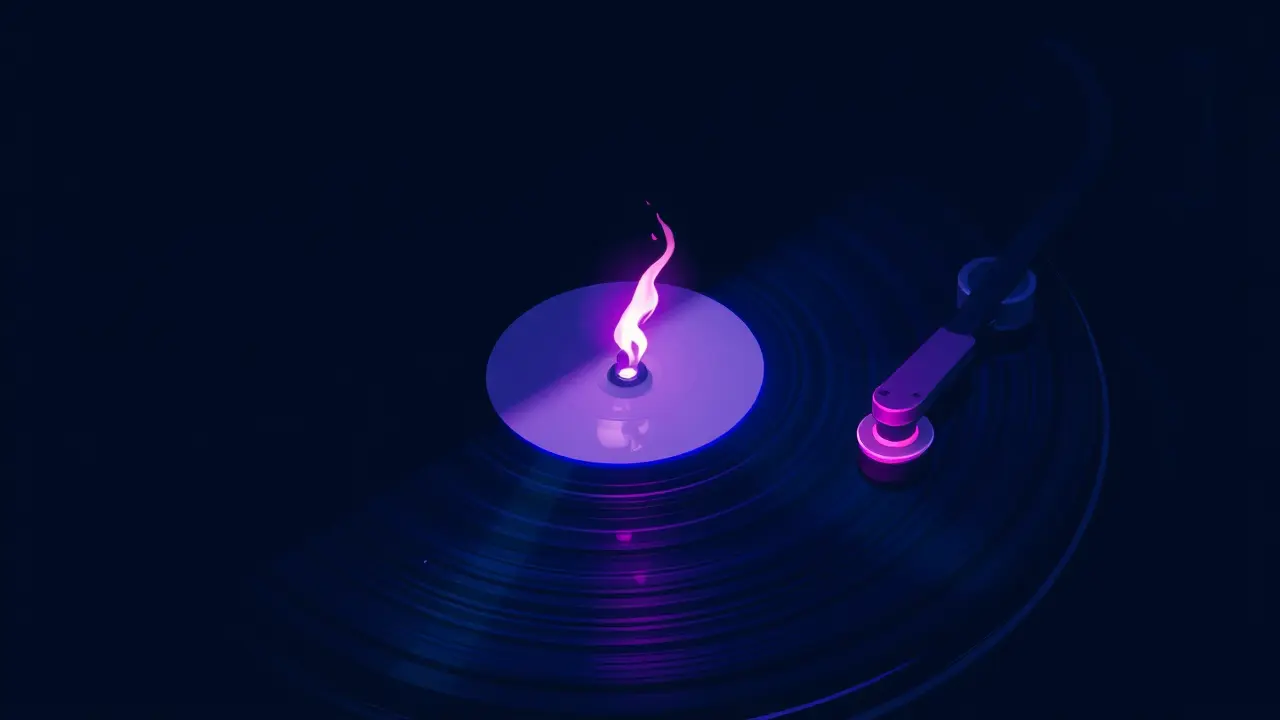Artists Pay Tribute to D'Angelo's Enduring Musical Legacy
The needle drops on a dusty vinyl copy of 'Voodoo,' and the room stills—this is the sacred space D’Angelo carved out of silence, a legacy that echoes through three near-perfect albums that didn’t just define neo-soul but became its beating heart. When 'Brown Sugar' emerged in 1995, it was a quiet revolution, a smoky, jazz-inflected manifesto that rejected the glossy production of ’90s R&B for something raw, something real, something that felt like a secret passed between lovers; it was an album that didn’t just ask to be heard but to be felt, its grooves as deep as the basslines that underpinned them.Then came the five-year wait, the anticipation building like a storm cloud, before 'Voodoo' landed in 2000—a record so sonically dense, so spiritually charged, it felt less like a collection of songs and more like a religious text for a generation of musicians searching for authenticity in an increasingly synthetic world. The production, a collaboration with the Soulquarians, was a masterclass in minimalism and feel, the 'untight' drumming of the late, great ?uestlove providing a human pulse that made tracks like 'Untitled (How Does It Feel)' not just a hit but an experience, a raw nerve of vulnerability that became instantly iconic.And then, the silence—the fourteen-year retreat, the battles with fame and personal demons, a hiatus that could have broken a lesser artist but instead built a mythology, until 'Black Messiah' arrived in 2014 not as a comeback but as a necessary intervention, a fiery, politically charged work that spoke to the Black Lives Matter movement with a fury and funk that was both timeless and urgently of its moment. This is the trinity of his work—'Brown Sugar,' 'Voodoo,' 'Black Messiah'—a triptych that has spawned a congregation of disciples, from the silken harmonies of Ari Lennox and the genre-blurring experiments of Sudan Archives to the raw confessionals of Moses Sumney, artists who now grapple with the daunting task of putting into words what D’Angelo’s music has meant to them.How do you articulate the influence of an artist who taught you that soul isn’t a genre but a truth, that a single, sustained note in 'The Root' can contain more emotion than an entire ballad, that the space between the beats is as important as the beats themselves? His legacy is not in the charts or the awards, though they are plentiful, but in the DNA of modern R&B, in the way artists now approach recording sessions not as sterile productions but as live, breathing jam sessions where the perfect take isn’t the one without flaws, but the one with the most feeling. To listen to D’Angelo is to understand that music is a spiritual practice, and his albums are the scriptures—and now, a new generation of artists, having learned the gospel, are searching for their own words to sing his praises, finding that the most fitting tribute is not in analysis, but in the continued pursuit of that same, elusive, beautiful truth.
Latest News
The charts are whispering what the true believers have felt in their bones for weeks—Dogecoin is carving out a bottom.
17 hours ago5 comments
The Institute for Fiscal Studies has thrown a stark warning onto Rachel Reeves's desk, urging the Chancellor to confront a potential £22 billion shortfall in
17 hours ago3 comments
Alright, let's break down this absolute heater of a performance from the Chicago Blackhawks, because if you missed this one, you missed a party.
17 hours ago5 comments
The ice was hot last night in the NHL, folks, serving up a slate of games that felt less like a regular season Tuesday and more like a playoff preview with a
18 hours ago3 comments
The XRP chart is painting a tantalizing picture for those with the stomach to withstand the relentless pressure from crypto's leviathans.
18 hours ago4 comments
It’s in the small shifts, the quiet recalibrations of a Thursday morning, where the most meaningful change often takes root.
18 hours ago4 comments
In a move that sent ripples of quiet confidence through the crypto ecosystem, blockchain intelligence firms tracked a monumental treasury allocation from
18 hours ago4 comments
In a move that would have drawn a nod of approval from historical figures like Churchill, who understood the delicate balance of power within democratic
18 hours ago2 comments
JA
Jamie Carter123k2 days ago
idk why but this hits different today, maybe it's just one of those days where you need to hear it
0
JA
Jamie Larson123k2 days ago
tbh i never looked at the numbers but three albums in like 20 years is a wild stat
0
JE
Jenna Miller123k2 days ago
tbh reading this makes me realize how much modern r&b owes to him it’s kinda wild we haven’t had a new album in so long tho
0
LE
Leo Vance123k2 days ago
tbh this makes me wonder if the real legacy isnt in the albums but in the silence between them the space where we wait and listen for what comes next
0
